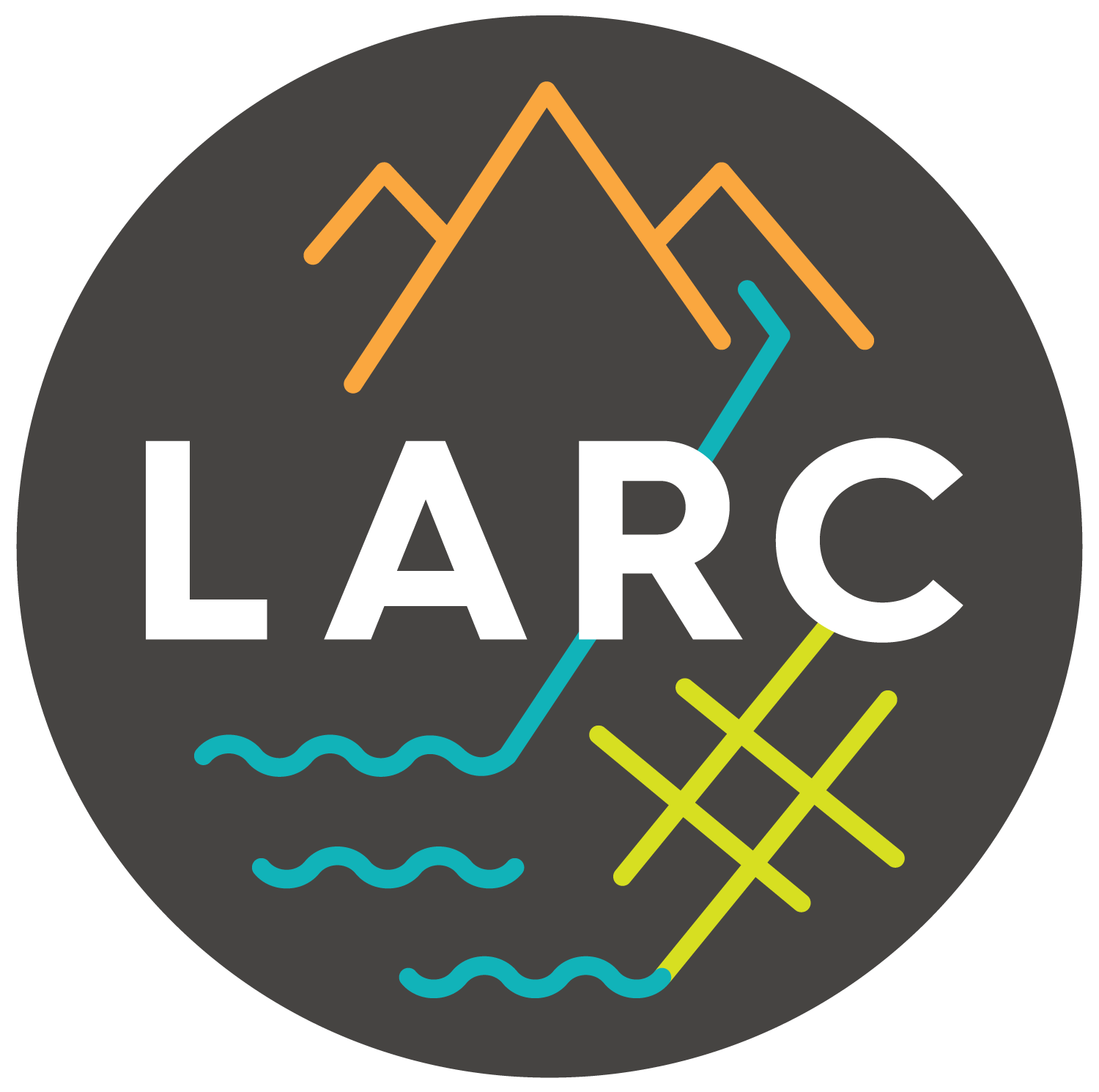Current Projects
Heat
Extreme Heat Campaign
Extreme heat is already a deadly threat in Los Angeles and we are likely to experience ten times as many heat waves by mid-century.
To address the increasing risk, LARC and the Los Angeles County Department of Public Health (LACDPH) partnered to create a coordinated social media campaign. In the summer of 2022 and 2023, in collaboration with dozens of local organizations and cities, we shared strategies to protect ourselves, our families, and our communities from extreme heat. Visit our campaign webpage to sign up to share content on your channels in 2024.
LARC: Heat Education, Ambassadors, and Training (LARC-HEAT)
In 2024, we will expand our heat campaign with funding from the Regional Resilience Grant Program, which is implemented by the Governor’s Office of Planning and Research. In partnership with the Fernandeño Tataviam Band of Mission Indians, Rising Communities, and the Los Angeles County Department of Public Health, we will continue our Extreme Heat Public Awareness Campaign and add a comprehensive Heat Ambassador initiative to engage and support community health workers in heat-vulnerable communities.
CalHeatScore
Weather warning systems give people and communities time to plan ahead and can save lives. CalHeatScore will increase awareness of local and regional extreme heat events by translating weather information into easy-to-understand health warnings.
To help Californians stay healthy when temperatures rise, the California Communities Extreme Heat Scoring System (CalHeatScore) will:
forecast coming heat waves
help people prepare and plan for extreme heat events
provide information about local resources
LARC is working with partners across state government to gather user feedback on the prototype through a series of meetings.
Energy
Clean Energy Education Campaign
Building on our success with the Extreme Heat Campaign, LARC will launch a Clean Energy Education Campaign to create and distribute content in the Los Angeles region to promote more sustainable energy usage. LARC used its April 2024 Network Meeting to gather input on the topics to ensure our materials are relevant to and will reach communities who most need access to energy programs. Potential topics include energy conservation, off-peak consumption, energy efficiency upgrades, utility assistance programs, clean energy jobs, and the health benefits of electrification. Visit our campaign webpage to signup to share content on your channels.
CPUC Data Working Group
The CPUC Data Working Group (DWG) is a series of workshops over the next six months on data access related to distributed energy resource (DER) objectives based off of Phase 1 Track 2, R. 22-11-013, Rulemaking to Consider Distributed Energy Resource Program Cost-Effectiveness Issues, Data Access and Use, and Equipment Performance Standards. The workshops will culminate in a report to the California Public Utilities Commission (CPUC) summarizing the DWG findings and recommendations.
Please join the DWG service list to receive updates on the Data Working Group by emailing the CPUC's Process Office at processoffice@cpuc.ca.gov and providing your name, e-mail, proceeding number (CPUC R.22-11-013), and organization you are representing (if any). Meetings are facilitated by The California Center for Sustainable Communities (CCSC) at UCLA, with support from LARC, and funded and supported by the CPUC.
Water
Multi-objective Assessment of Flood Adaptation Options in Los Angeles County
Los Angeles County faces flood risks 20 times greater than suggested by federally defined floodplains, and Black, Hispanic, and disadvantaged populations are disproportionately exposed to these risks. There is a need for transformative flood infrastructure that simultaneously reduces flood risk, captures more stormwater, restores impaired ecosystems, builds climate resilience across the region, and advances equity.
In 2024 and 2025, LARC will host a series of workshops to facilitate the co-creation of three county-wide flood risk adaptation strategies: (a) raising levees, (b) widening channels, and (c) capturing stormwater. Participants at LARC’s February 2024 network meeting provided feedback on the adaptation strategies. Workshop #2 was held on May 30, 2024 at 10:00-11:00 am— learn more about the event here.
Collaborative Flood Modeling - Dr. Brett Sanders, April 2024












